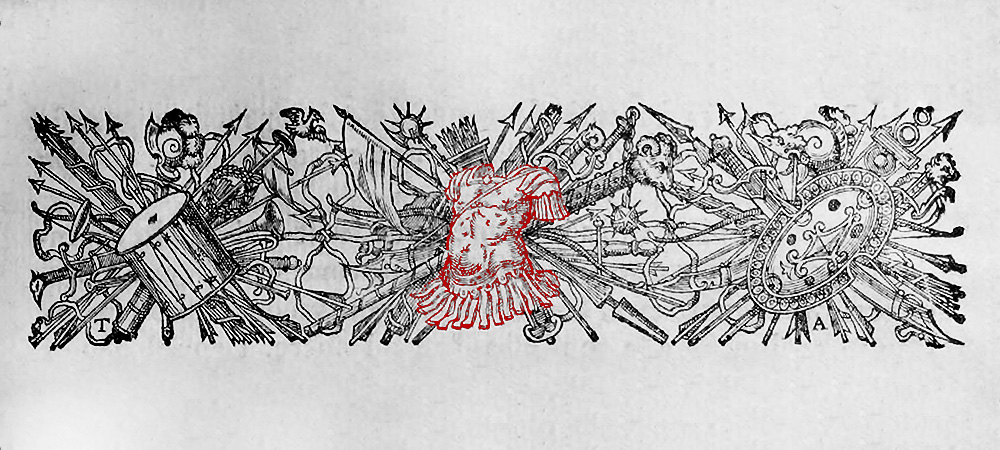The Freedom of the Übermensch
In last week’s post, we explored Plato’s Myth of Er as a radically objectivist paradigm for thinking about freedom. According to this way of thinking, all the objects of freedom and the standards of choice already exist outside the self. Freedom exists only in the act of selection between alternatives, realizing one option rather than others. This week, I will contrast this freedom-as-selection with an opposite, radically subjectivist paradigm found in Nietzsche’s Thus Spoke Zarathustra.
Echoing the sentiments of some sophists contemporary with Socrates, Nietzsche articulates a thoroughly constructivist (and therefore dismissive) account of conventional values. Every people, he says, develops its own “tongue of good and evil,” its “language of customs and rights.”1 This language is enforced by the state which serves the interests of the “all-too-many” so that they might seduce and use the “heroes.” What we ordinarily take to be objective givens of justice and goodness are therefore cast in a new, questionable light. None of these values are really “out there” to be chosen; we merely dupe ourselves collectively into believing so. “Verily,” he says, “men gave themselves all their good and evil.”
While this has its pathetic side, it also points to a profound capacity within the human person. Man is the “esteemer” and “to esteem is to create.” We have the capacity, by our own acts of esteeming not simply to select from objectively given options, but to create the very options and the terms in which we value them. This points to the possibility of a hero who will see through the obfuscations of the herd and realize his freedom by asserting his own values on his own terms. “First, peoples were creators; and only in later times, individuals. Verily, the individual himself is still the most recent creation.” In order to prove that he has the right to escape from the yoke and become an individual, such a hero must create his own good and evil. He must be the judge and avenger of his own law.

This freedom-as-assertion flips the Platonic understanding of goodness on its head. There is no objectively given standard of justice by which the hero’s choice of life is judged as in the Myth of Er. Instead, the only standard by which he is judged is one that proceeds from within himself. The question here, however, is whether Nietzsche can really stay consistent with this supposed inversion. The whole force of his narrative trades on thinking that it is objectively bad to be weak and servile and objectively good to be clear-sighted and heroically self-assertive. He clearly thinks that the “deniers of life” are objectively pathetic, that some people’s systems of value are objectively better or worse than others. Here as everywhere else, Plato inevitably has his revenge in the end—recognizing some kind of objective, intelligible order of things is simply inescapable, even if this is reduced to the thinnest possible terms.
Even more important than the theoretical impossibility of Nietzsche’s project is the lived impossibility of his hero. Such a conception of pure self-assertion in the face of the objective order of things, the concrete reality of our physical and moral being, is doomed to failure. At best, such a self-assertion simply detaches the hero in his mind from the real world. He becomes “free” only within a world of narcissistic fantasy. At worst, it leads to attempts at concrete actions in defiance of the way things really are, which inevitably become self-destructive. A person who pretends he can fly is a pitiable escapist. A person who tries it ends up in the hospital.
Nevertheless, there is something right about Nietzsche’s insight. Persons are not merely passive beholders of an objective world-order who only become active in singular brief moments of selection. Nietzsche correctly identifies something profoundly servile about such a conception, exaggerated as his insane yet beautiful rhetoric may be. There really is something we need to acknowledge in the inner yearning for self-creation, and I would like to articulate a tertium quid between freedom-as-selection and freedom-as-assertion, namely freedom-as-creation—but that will need to wait for another post.
All translations of Nietzsche are from Walter Kaufmann.↩︎
